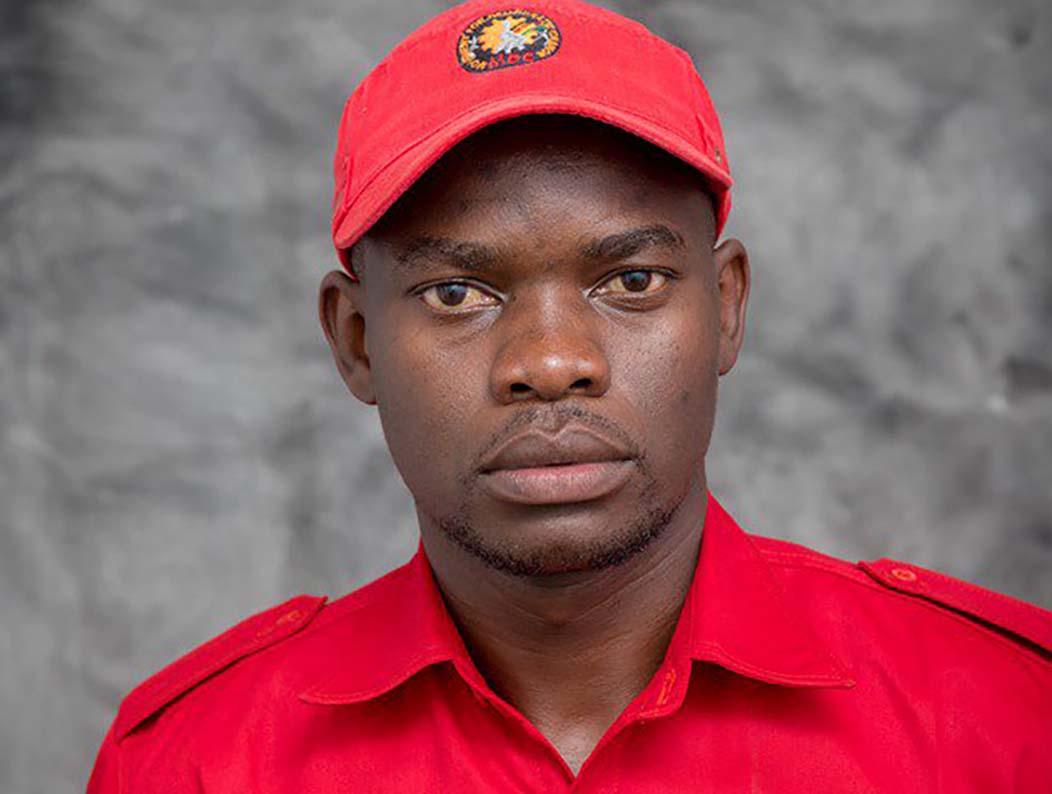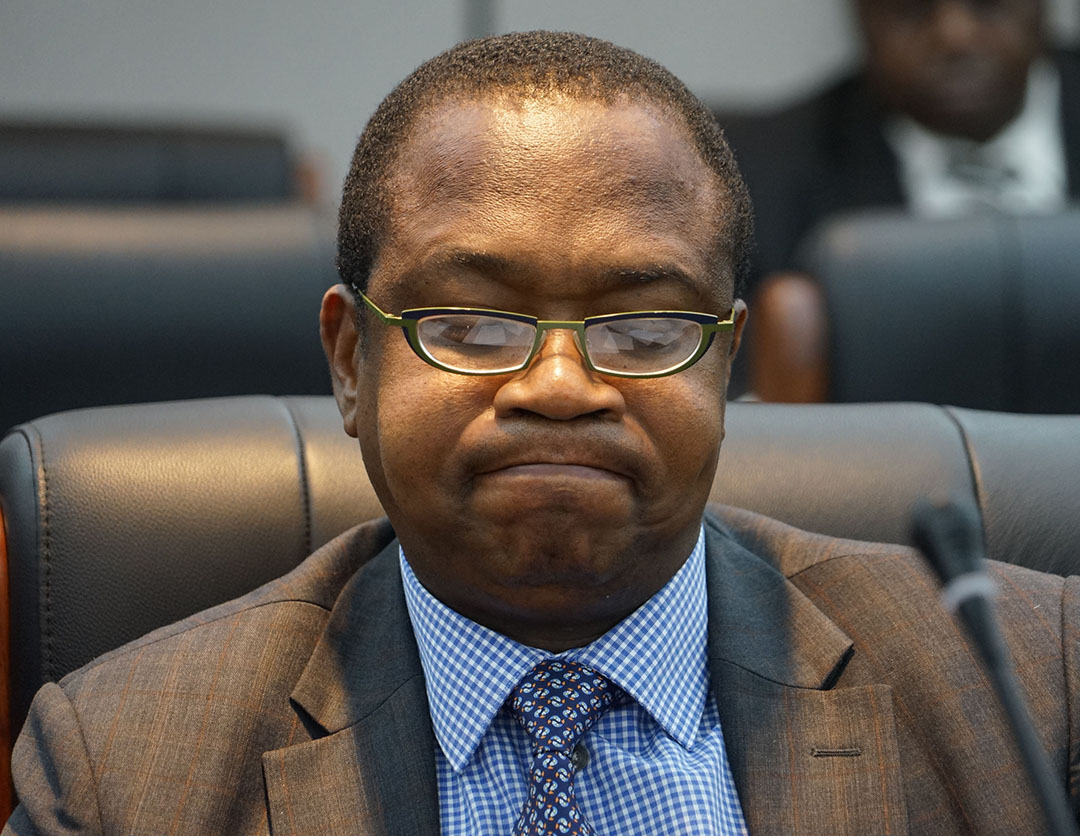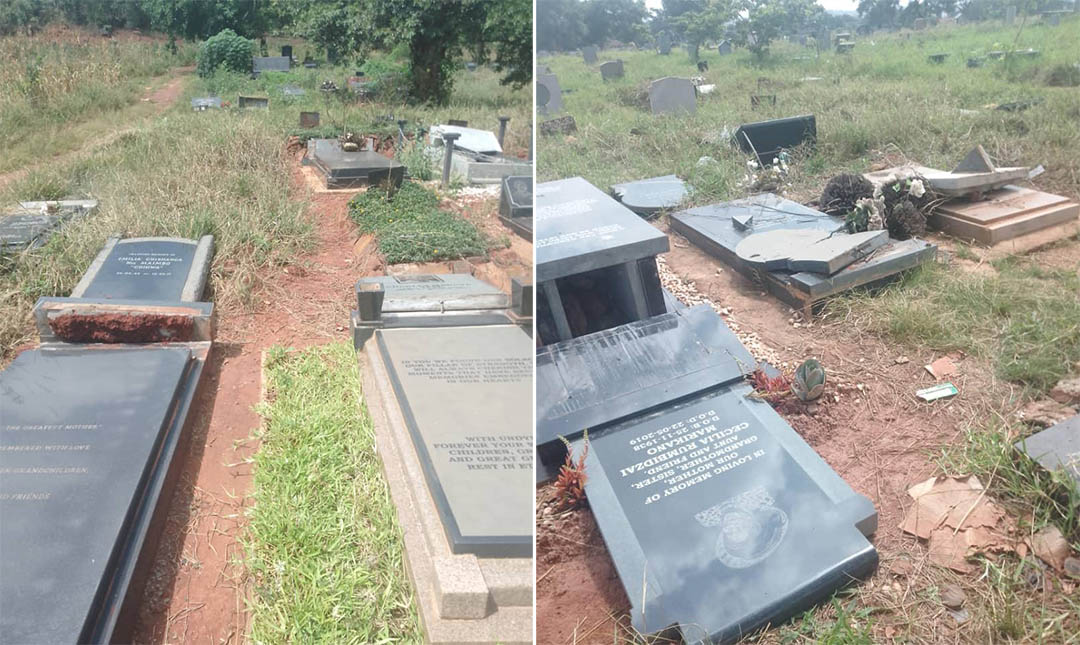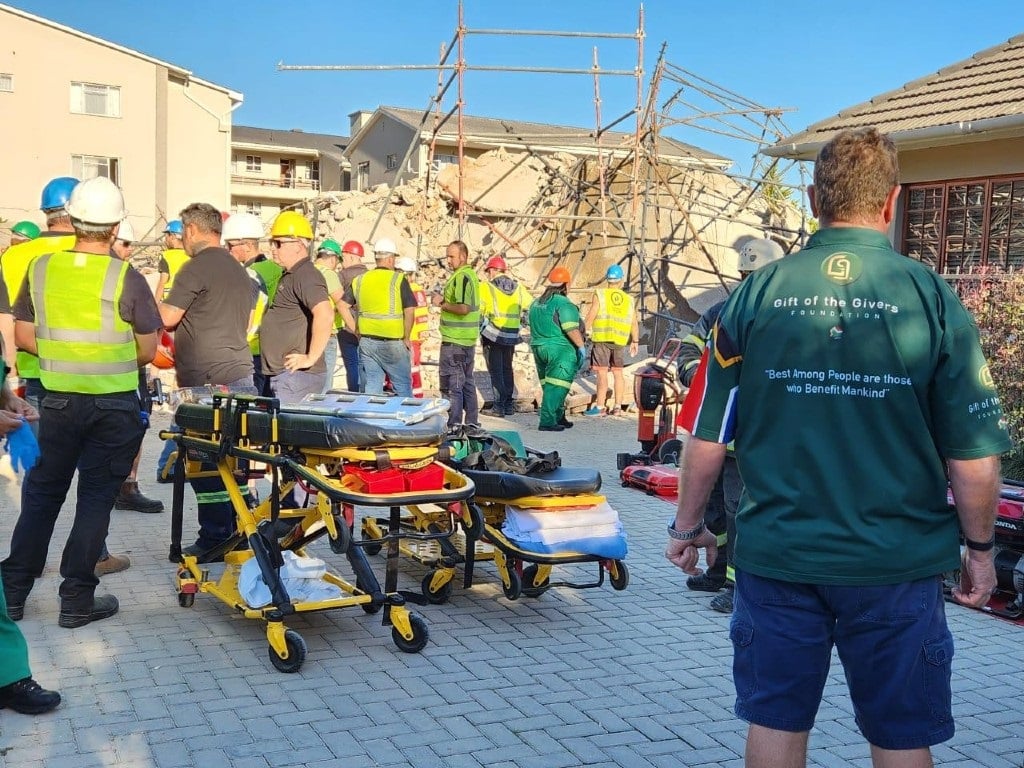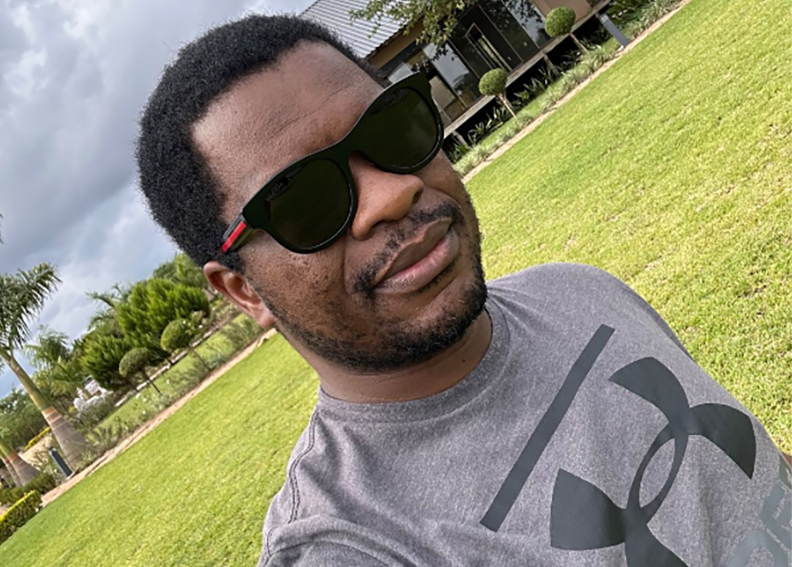HARARE – MDC leader Nelson Chamisa on Thursday condemned the attempted abduction of his party’s youth leader by a group of armed men driving in unmarked vehicles.
Obey Sithole had just taken part in a political parties television debate organised by the Zimbabwe Council of Churches (ZCC) in Avondale, Harare, on Wednesday night when about eight men armed with AK47 rifles tried to snatch him, the church group said.
In a Twitter post, Chamisa said the incident was “both a reminder and a confirmation that Zimbabwe, being unsafe for its citizens and visitors, is a country under extreme terrorism and severe violence.”
The ZCC said it had reported the incident to the police.
A statement from the church group said: “After the conclusion of the programme and a light snack, people started making their way out of the venue sometime after 9PM.
“It is around this time that an attempted abduction of MDC officials who were part of the panel took place in full view of the guests who included women from various churches who were part of the event.
“About five to eight gun-wielding men in two motor vehicles, a Toyota Rav-4 and a white Toyota Quantum minibus were involved in this violent act. However, their efforts were foiled by members of the officials’ entourage.”
The ZCC in partnership with the Zimpapers Television Network has been staging the “Zimbabwe Political Dialogue Series” – a series of televised debates between political leaders. Wednesday’s discussion also featured Jacob Mafume, the MDC’s elections secretary; Zanu PF’s legal secretary Paul Mangwana; Zanu PF youth league deputy secretary Lewis Matutu and Jealousy Mawarire of the National Patriotic Front.
“As the church body that had created such a sacred and safe space for respectful engagement, we feel such acts of violence violate all forms of decency and should be condemned in the strongest of terms,” the ZCC said.
“We urge the law enforcement agents to carry out the necessary investigations to ascertain what transpired and bring the culprits to book.”
Zimbabwe faces a “paralysing complex of challenges”, the ZCC said, which can only be resolved through a “comprehensive and broad-based national dialogue.”

